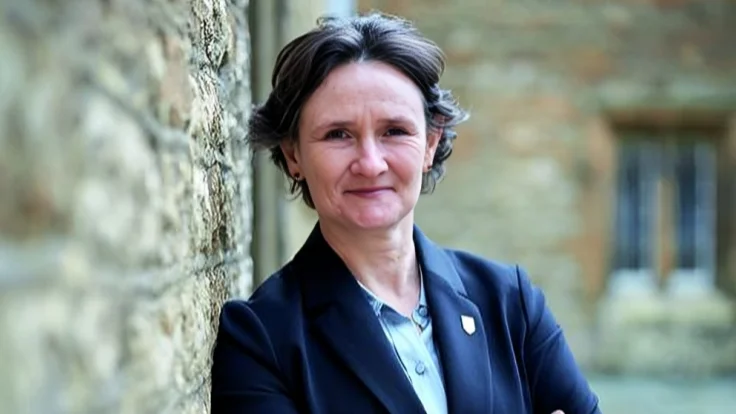OrganOx, a company founded in December 2008 by engineering Professor Constantin Coussios and transplant surgeon Professor Peter Friend at the University of Oxford’s Institute of Biomedical Engineering and the Nuffield Department of Surgical Sciences, has been acquired. The acquisition marks a significant milestone as it is the first exit under the partnership between Oxford's Department of Engineering Science and Technikos, a medical technology venture capital fund based in London. This collaboration led to the creation of the Institute of Biomedical Engineering (IBME) and supported more than 30 companies since 2008.
The transaction delivered substantial returns for investors. Early backers from 2008 saw a 50-fold return on their investment, while those who invested later achieved notable gains: 20-fold since 2013, 10-fold since 2019, and twofold since early 2025.
OrganOx developed technology that preserves donor organs outside the body using Normothermic Machine Perfusion (NMP), which circulates warm, oxygenated fluid through organs to mimic human body conditions. This approach allows real-time assessment of organ function before transplantation. The company's devices have been used in over 7,500 transplants worldwide and have helped increase both the number and quality of viable organs available for transplant. Their work was recently recognized with the UK’s MacRobert Award for engineering innovation in 2025.
Oxford University played an important role as an early investor in OrganOx through its University Challenge Seed Fund and Spinout Equity Management Fund. The Royal Society also provided initial support via its Enterprise Fund, while clinical translation activities benefited from funding by the National Institute for Health Research (NIHR).
Professor Constantin Coussios stated: "This technology was born from a deep collaboration between engineering and clinical science within the Institute of Biomedical Engineering, uniquely enabled by Oxford’s unparalleled cross-disciplinary innovation ecosystem. From the outset our aim was to solve one of transplantation’s greatest challenges: preserving organs in a viable state for longer, so as to make it possible to assess and potentially transplant what was previously thought untransplantable. Seeing that vision realised for the benefit of patients across 4 continents has been incredibly rewarding, and this acquisition will further enhance the global reach and impact of Oxford’s innovative science."
Professor Peter Friend added: "As a clinician, I’ve seen first-hand the limitations of traditional organ preservation. OrganOx technology is transforming the landscape of organ transplantation, with huge impact on both patients and surgeons. The success of this venture results from a highly effective synergy between two academic departments, Surgical Sciences and Biomedical Engineering, and the support from the University of Oxford has been instrumental in translating our research into real-world impact."
OrganOx has collaborated closely with Terumo Corporation on developing its metra device; their partnership grew stronger after Terumo Ventures made a strategic investment earlier in February 2025. The acquisition aims to broaden OrganOx's global presence by bringing its technologies to more healthcare systems around the world.
With a value close to £1.2 billion, this transaction represents Oxford University's first exit exceeding £1 billion and highlights its status as an ecosystem for technological innovation across deep tech fields including life sciences and engineering.

